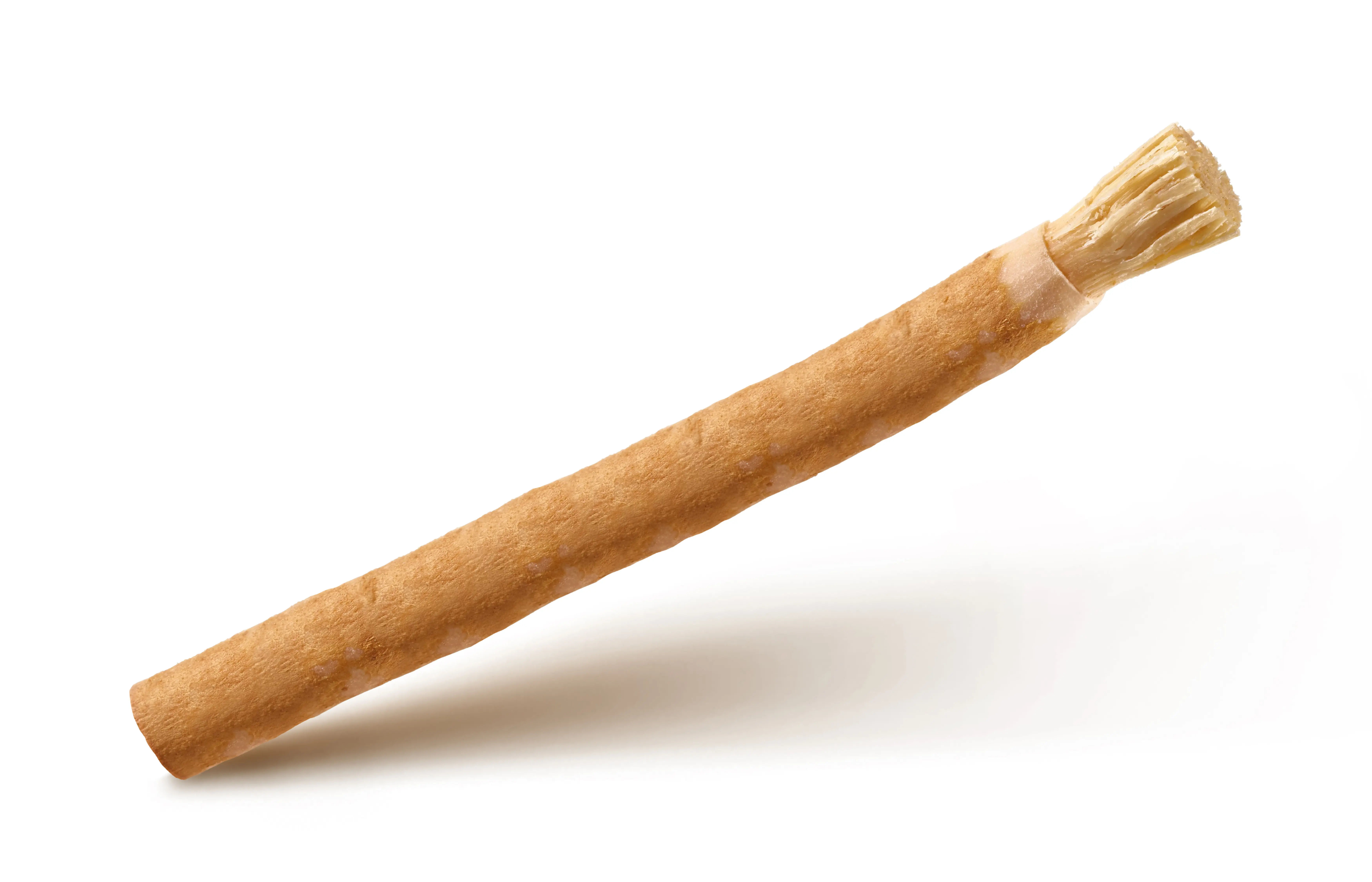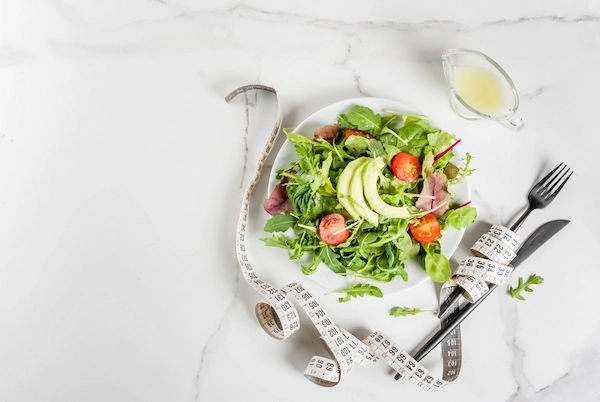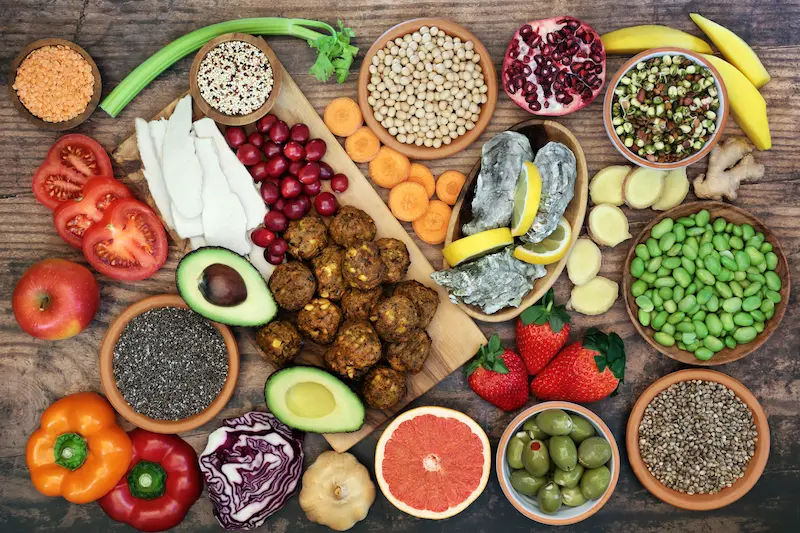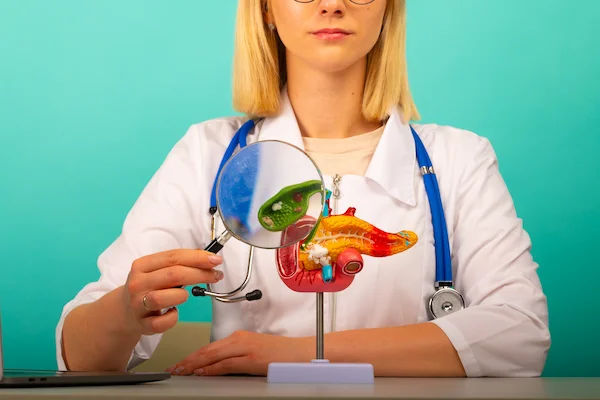Your Essential Guide to a Poisoning First Aid Kit
Discover how to build a poisoning first aid kit with essential supplies, immediate response steps, and prevention strategies to handle emergencies safely.

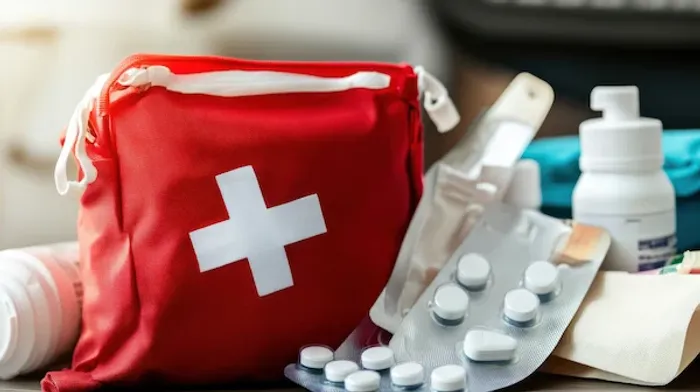
Introduction
Accidents happen in an instant. A child sips a brightly coloured cleaning liquid, an adult mistakenly takes the wrong medication, or fumes from a household product become overwhelming. Poisoning is a medical emergency that requires immediate and correct action. While a standard first aid kit is a household staple, being prepared for a poisoning incident requires specific tools and knowledge. This guide goes beyond the basics, providing a detailed blueprint for building a specialised first aid kit for poisoning and outlining the critical steps for home care. We will cover the essential supplies you need, the life-saving procedures to follow, and the common mistakes to avoid, empowering you to act confidently and effectively in a crisis.
Why a Specialised Kit for Poisoning is Crucial
A standard first aid kit is designed for cuts, scrapes, and sprains. It contains bandages, antiseptic wipes, and pain relievers—all useless and potentially harmful in a poisoning event. Poisoning requires a unique response focused on identification, decontamination, and expert consultation. Having a dedicated kit ensures you have immediate access to vital resources like the national poison hotline number and specific agents like activated charcoal (only to be used under professional guidance). This preparedness can significantly reduce panic, streamline your response, and ultimately, save valuable minutes when they matter most. According to the American Association of Poison Control Centres, over 2 million poisoning incidents are reported each year, highlighting the critical need for this specific preparedness at home.
Building Your Poison-Specific First Aid Kit: The Comprehensive Checklist
Core Documentation and Tools
Poison Control Centre Number: A large, bold card with the national number: 1-800-222-1222. This is your single most important tool.
Notepad and Pen: To note down the poison's name, amount ingested, time of exposure, and symptoms, as relayed to the poison expert.
Flashlight: To examine the mouth of the victim or to read labels in low light.
Saline Solution: Sterile saline is vital for irrigating chemicals from the eyes.
Essential Protective Gear
Disposable Gloves (Nitrile): Protect yourself from exposure to toxic substances, especially when handling the victim or the poison container.
CPR Face Shield: Provides a barrier for rescue breathing if necessary and the victim has vomited.
Key Medical Supplies
Activated Charcoal: This is a must-have for many types of poisoning. Crucially, it should only be administered on the explicit advice of a poison control specialist or doctor, as it is not effective for all poisons (e.g., hydrocarbons, alcohols, corrosives).
Syrup of Ipecac: WARNING: The American Academy of Paediatrics no longer recommends keeping ipecac at home. Inducing vomiting can be extremely dangerous with many modern chemicals, causing more harm. Its inclusion is now debated and should only be considered under direct remote instruction from a medical professional in very rare scenarios.
Thermometer: To monitor for fever or hypothermia, which can be symptoms of certain poisonings.
Consult a Specialist for Personalised Advice
Immediate Response: Your Step-by-Step Poisoning First Aid Guide
Step 1: Assess the Scene and Ensure Safety
Before helping the victim, ensure you are not in danger. Is there a gas leak? Are chemical fumes present? Ventilate the area or move the victim to fresh air if it is safe for you to do so.
Step 2: Check Responsiveness and Identify the Poison
Check if the person is conscious and breathing. Look for the source of poisoning—the container, plant, or substance. Do not put yourself at risk to identify it. If the person is unconscious, not breathing, or having seizures, call 999 immediately.
Step 3: Call for Help – Poison Control and Emergency Services
Call the Poison Control Centre at 1-800-222-1222 immediately. They are experts who will provide specific instructions. Have the container handy to provide the exact name, ingredients, and amount involved. If the person is in severe distress, call 999 simultaneously or immediately after.
Step 4: Administer First Aid While Awaiting Help
Follow the precise instructions given by the poison control expert. General guidelines include:
First Aid for Swallowed Poison
Do NOT induce vomiting unless specifically told to do so.
If the person is conscious and not having seizures, the expert may advise giving a small amount of water or milk.
First Aid for Poison on the Skin
Remove contaminated clothing carefully.
Rinse the skin with lukewarm (not hot) water for at least 15-20 minutes.
First Aid for Poison in the Eye
Hold the eyelid open and gently pour a steady stream of lukewarm water or saline solution from the inner corner to the outer corner of the eye for at least 15-20 minutes.
First Aid for Inhaled Poison
Get the person to fresh air immediately.
Open all doors and windows.
Do not attempt rescue breathing in a contaminated area.
What NOT to Do: Common Poisoning Myths Debunked
Myth: Always induce vomiting.
Fact: This can cause burning from corrosives a second time or cause the person to aspirate vomit into their lungs.
Myth: Use "universal antidotes" like milk or raw eggs.
Fact: These are ineffective and can interfere with real treatments.
Myth: Give water to dilute all poisons.
Fact: For some poisons, like those that foam, this can make it worse. Always ask Poison Control first.
Home Care and Prevention Strategies
Safe Storage of Household Poisons
Store all medicines, cleaners, chemicals, and pesticides in their original containers, locked up and out of sight and reach of children.
Never refer to medicine as "candy."
Childproofing Your Home
Use safety latches on cabinets containing dangerous substances.
Install carbon monoxide detectors on every level of your home.
Keep toxic plants out of your home and garden if you have young children or pets.
When to Seek Immediate Medical Help
Call 999 immediately if the person:
Is unconscious, not breathing, or having trouble breathing.
Is having seizures.
Is extremely drowsy or agitated.
Has chest pain or a rapid heartbeat.
If the person is stable but you are unsure, your first call should always be to Poison Control (1-800-222-1222). They can assess whether a hospital visit is necessary. If your condition does not improve after these first aid methods, or if advised by poison control, book a physical visit to a doctor with Apollo24|7 for further evaluation and treatment.
Conclusion
Preparing for a poisoning emergency is a critical aspect of responsible home care. By building a specialised first aid kit, memorising the Poison Control number (1-800-222-1222), and understanding the basic do's and don'ts, you empower yourself to act swiftly and correctly. This knowledge can drastically alter the outcome of a frightening situation. Remember, the goal of first aid is to stabilise and support until professional help takes over. Review your kits today, childproof your home, and share this information with your family. Your preparedness could save a life.
Consult a Specialist for Personalised Advice
Consult a Specialist for Personalised Advice

Dr. Vivek D
General Physician
4 Years • MBBS
Bengaluru
PRESTIGE SHANTHINIKETAN - SOCIETY CLINIC, Bengaluru

Dr. Anand Ravi
General Physician
2 Years • MBBS
Bengaluru
PRESTIGE SHANTHINIKETAN - SOCIETY CLINIC, Bengaluru

Dr Syed Mateen Pasha
General Physician
2 Years • MBBS
Bengaluru
PRESTIGE SHANTHINIKETAN - SOCIETY CLINIC, Bengaluru

Dr. Syed Ismail Ali
General Practitioner
7 Years • MBBS
Hyderabad
Apollo 24|7 Clinic, Hyderabad

Dr. Debajyoti Goswami
Obstetrician and Gynaecologist
10 Years • MBBS,D.G.O(DNB),Adv. Infertility Tech.(AIIMS),Fellowship in Diabetes(U.K),Comprehensive Abortion Care(Govt. Of W.B), Certificate in Clinical Embryology(AIIMS, BHUBANESWAR)
Bankura
D.G Clinic, Bankura
(25+ Patients)
More articles from General Medical Consultation
Frequently Asked Questions
1. What is the first thing I should do if I suspect poisoning?
The first thing you should do is call the Poison Control Centre at 1-800-222-1222. They will provide immediate, expert guidance tailored to the specific substance.
2. Should I keep syrup of ipecac in my first aid kit?
No, it is generally not recommended anymore. Experts advise against it because inducing vomiting can be harmful with many modern chemicals. Always follow the specific advice of the poison control specialist.
3. When should I go to the ER for poisoning?
You should call 999 or go to the ER immediately if the person is unconscious, having seizures, having difficulty breathing, or is in severe distress. Otherwise, always call Poison Control first for direction.
4. How do I safely clean poison off the skin?
While wearing gloves, remove contaminated clothing and rinse the affected area under lukewarm running water for at least 15-20 minutes.
5. What information do I need to give to Poison Control?
Be ready to provide the victim's age and weight, the name of the product, the amount involved, the time of exposure, and any symptoms they are experiencing. Having the product's container is extremely helpful.
